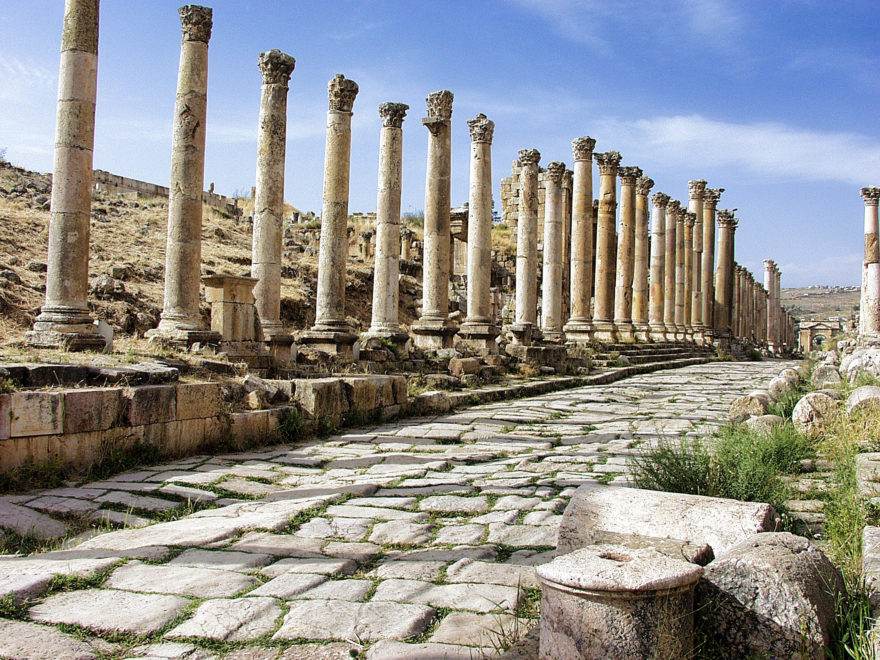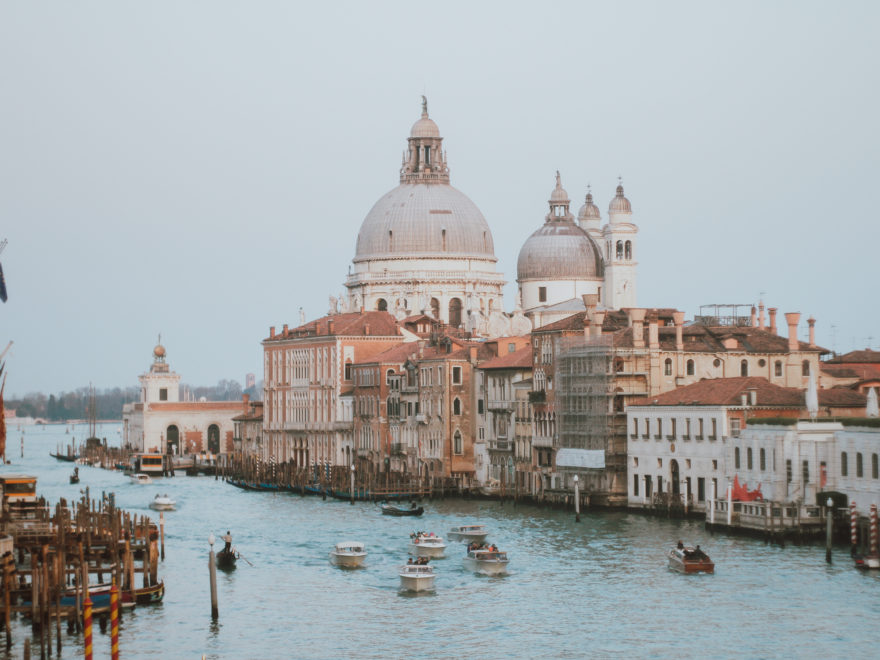Tag: Dorothy Sayers
-

The Classical Notion of Self-Education for Today
In her lecture at Oxford in 1947, Dorothy Sayers remarked, “Is it not the great defect of our education today, a defect traceable through all the disquieting symptoms of trouble that I have mentioned, that although we often succeed in teaching our pupils ‘subjects,’ we fail lamentably on the whole in teaching them how to…
-

Human Development, Part 2: All the World’s a Stage
That one essay – you know the one that got this whole educational renewal movement going – needs to be reevaluated. I am talking about the essay “The Lost Tools of Learning” by Dorothy Sayers. Her approach reminds me of Galadriel’s speech in the prologue to The Lord of the Rings movies, “Much that once…
-

Building Ratio: Training Students to Think and Learn for Themselves
In 1947, medievalist Dorothy Sayers took the podium at Oxford University and delivered a lecture that would launch a referendum on modern methods of education. It took time, to be sure, but from our current vantage point in 2020, there is no doubt that her words left a sizeable imprint on the current educational landscape.…
-

Review of Recovering the Lost Tools of Learning by Douglas Wilson
Most people in the classical Christian school movement look upon Dorothy Sayer’s 1947 essay “The Lost Tools of Learning” as something of a founding document. However, the movement as it currently exists in North America stems from the implementation of that essay in the late 1980s, and is best represented in Douglas Wilson’s Recovering the…
-

Renaissance Education: Looking to the Past to Chart a Course for Education Today
Education in the Renaissance centered around a rediscovery of lost ideas leading to a rebirth of civilization. Looking back to Renaissance education provides insight into our own age as we reclaim the great texts and ideas lost over the past decades through waves of progressive educational reform. Rediscovering a World of Ideas Prior to the…
